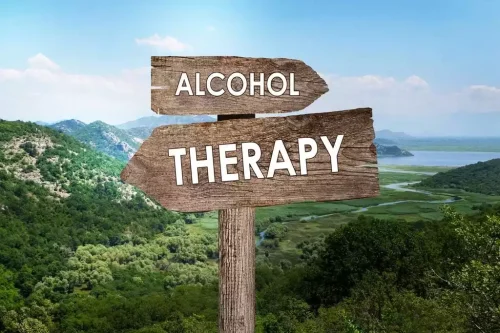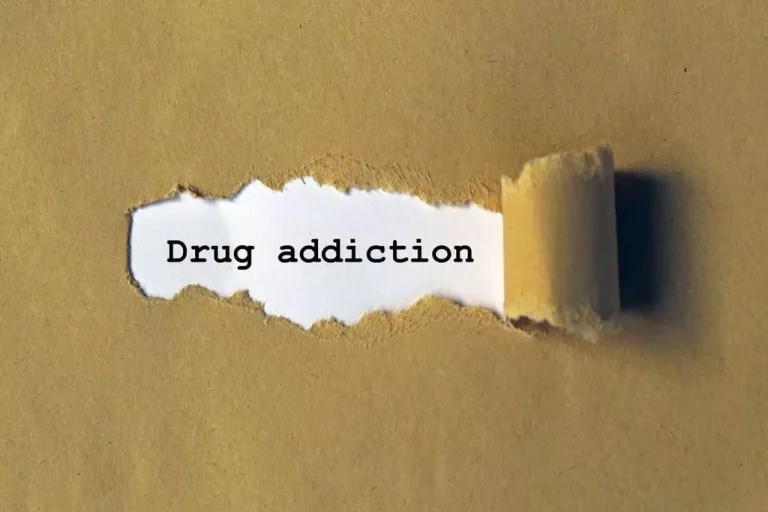
However, the study authors also mentioned that more studies are needed to explore the connection between AUD and kidney function. Alcohol can cause changes in the function of the kidneys and make them less able to filter your blood. In addition to filtering blood, your kidneys do many other important jobs.
What Helps With Leg Pain: Quick Relief, Home Remedies, and More

IgA deposits may accumulate in the kidney, leading to glomerulopathy. Renal microcirculatory alterations in advanced liver cirrhosis leads to hepatorenal syndrome. Alcohol-induced skeletal muscle damage leads to excessive amounts of circulating myoglobin, causing renal tubular injury as a result of increased oxidative stress. Due to the development of alcoholic cardiomyopathy, chronic renal hypoxia develops, activating the renin–angiotensin–aldosterone system (RAAS), which in turn leads to further free radical production and to the propagation of fibrotic pathways. The kidney is particularly sensitive to an increased IgA load.
Association of monthly frequency of alcohol consumption and binge drinking with change in the eGFR over 12 years

Studies suggest green tea may have effects too, but more research is needed. Too much alcohol use can lead to liver disease called hyperalbuminemia. This condition may cause abnormal protein production or protein leaking into the blood. To learn more about the relationship between alcohol and kidneys or to get information on the treatment programs we have available for alcohol addiction, contact an Vertava Health’ treatment specialist today. Quality of the foods and supplements you consume, amount of water and other beverages, and stress management are some other very important factors I focus on with clients before we discuss alcohol as part of a balanced diet. As alcohol intake increases, so does the risk of hypertension.
5. Potential Confounders

The best approach to protecting kidney health from alcohol-related harm is prevention. Essentially, limiting alcohol consumption is key to reducing the risk of kidney damage. Besides that, adopting a healthy lifestyle like staying hydrated, eating a balanced diet, and exercising regularly can help support overall kidney function. Cancer experts strongly recommend not drinking alcohol at all due to its potentially harmful effects on the body. Alcohol is known to increase your risk for several different types of cancer and cause kidney damage over time. A high alcohol intake may also increase the risk of other problems that can hurt the kidneys, such as a urinary tract infection, high blood pressure, and long-term kidney damage.
Alcohol Misuse and Kidney Injury: Epidemiological Evidence and Potential Mechanisms
- Established liver disease impairs this important balancing act, however, by either greatly augmenting or reducing the rates of plasma flow and filtration through the glomerulus.
- The amounts of these substances must be held within very narrow limits, regardless of the large variations possible in their intake or loss.
- Investigators have speculated that alcohol or an intermediate metabolite directly affects magnesium exchange in the kidney tubules (Epstein 1992).
- This finding suggests that rhabdomyolysis and myoglobin toxicity may trigger oxidative stress in the kidney via mitochondrial injury.
Investigators have not yet fully explained the mechanisms underlying this wide range of abnormalities, though, and have devoted little attention to alcohol’s effects on kidney hemodynamics in people who do not have liver disease. In terms of alcohol’s effects on the kidneys, the National Kidney Foundation (NKF) states that drinking too much alcohol can harm kidney function and worsen existing kidney disease. Drinking heavily can increase the risk of high blood pressure and Type 2 diabetes, for example. Both of those conditions are the most common causes of chronic kidney disease in the United States. You probably know someone who developed health problems from drinking too much alcohol. Alcohol can impact many different parts of the body, but most commonly it damages the liver and can lead to a condition called cirrhosis.
In fact, its caloric content can contribute to weight gain, a risk factor for kidney disease (21, 22). This happens when the kidneys lose the ability to properly filter blood and maintain proper fluid and electrolyte balance (7). The condition results in the accumulation of toxins and waste products. In severe cases, dialysis or a kidney transplant is needed for survival (8). The kidneys are vital in maintaining the body’s internal balance and overall health.
- About one in nine Indians is expected to receive a cancer diagnosis in their lifetime, according to the ICMR-NCDIR.
- That’s why it is important to get your kidney function checked regularly through screening blood and urine tests.
- Various factors affect their function, including alcohol intake.
- You may be able to treat small kidney stones by increasing your water intake, taking medication, or using home remedies.
That said, epidemiological data have yet to confirm a relationship between alcohol consumption and chronic kidney disease. A recent meta-analysis (Cheungpasitporn et al. 2015) found little support for such a relationship. Their analysis included 20 studies https://ecosoberhouse.com/ representing a total of 292,431 patients. Free radicals (also called reactive oxygen species [ROS]) are one of the by-products of alcohol metabolism and are known to cause cellular damage, unless the body can use antioxidants to clean them up.
Impaired Fluid Handling
